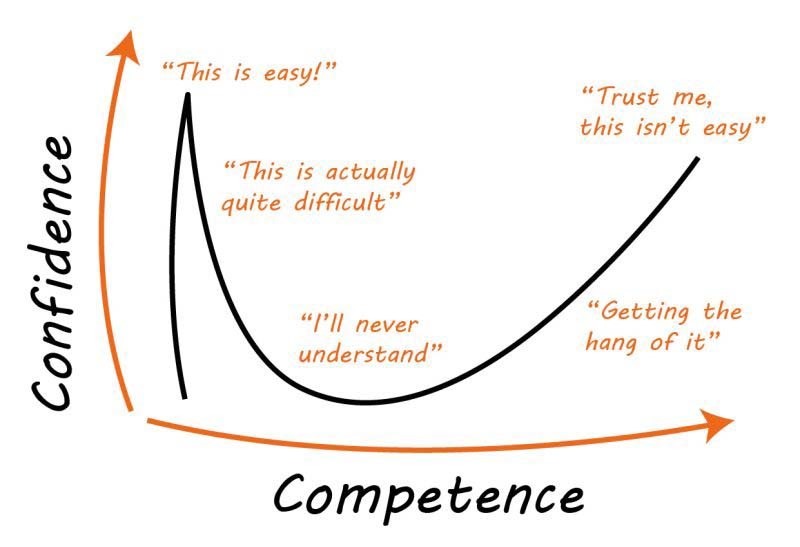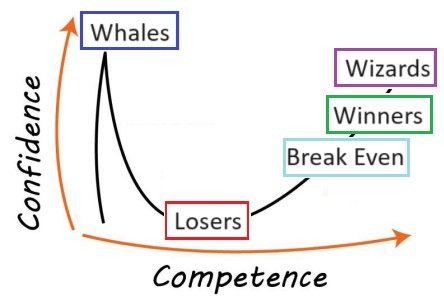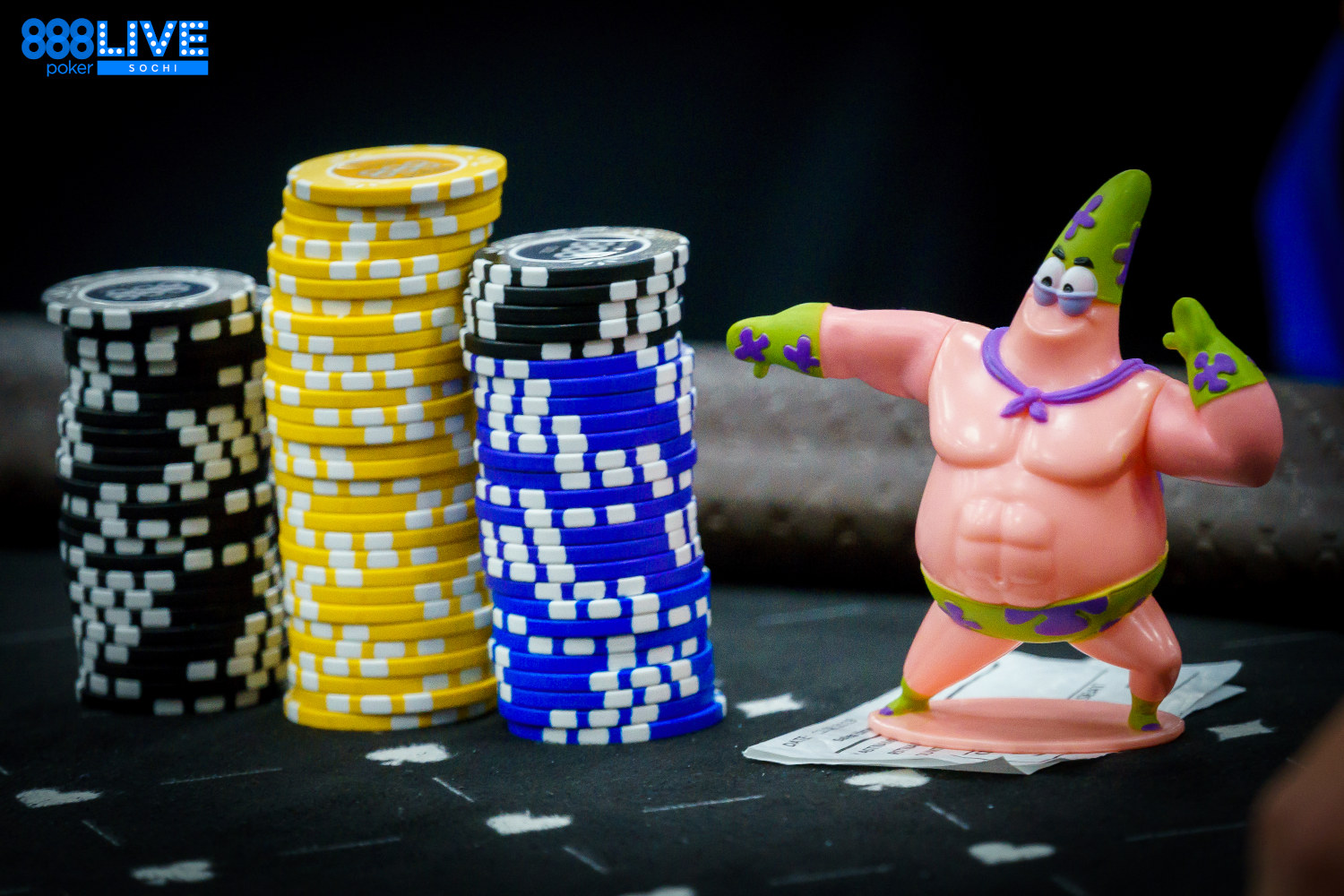Hands up if you start a poker session with the intention of losing… Nobody? Didn’t think so! For most sane people, the prospect of winning a little extra cash is precisely what brings them to the tables like the ones at 888poker.
But with so much focus on winning, it can be easy to forget that most poker players are losers in the long term.
So, what do you do if you’re a losing player? Well, firstly, don’t worry just yet. Most players struggle, but that doesn’t mean you’re destined to do so forever.
Here’s a list of leaks that might hinder your progress at the tables. Work through it and be honest with yourself.
Elon Musk can’t listen to your thoughts yet, and who knows? You might find something to turn your losing streak around.
1: You’re Not as Good as You Think You Are
Poker is a pretty simple game, which means you can teach a complete newbie to play in just a few minutes. New players can learn this poker board game so quickly. It makes it easy to overestimate your ability after learning a few basic strategies (especially if you enjoy some beginner’s luck).
This scenario isn’t exclusive to poker, either. Aristotle, a pretty clever chap, famously said, “The more you know, the more you realise you don’t know.” It’s a scary truth that applies to poker, but there’s a flip side, too, which can be dangerous for poker players.
Take a look at the following graph from asprayfranchise.co.uk. It shows a concept known as The Dunning-Kruger Effect (TDKE):

The left of the graph is the most interesting because it shows people with low skill but incredibly high confidence. This detrimental mix indicates The Dunning-Kruger Effect at its worst.
But What is The Dunning-Kruger Effect?
Wikipedia describes TDKE as the following –
“A cognitive bias in which people with limited competence in a particular domain overestimate their abilities.”
In poker terms, players who don’t understand how complicated the game is often think they are better players than they are.
It’s a state known as unconscious incompetence. It’s like someone learning combinations in poker work and then thinking they can take on the entire poker world. In an ‘ignorance is bliss’ way, they simply don’t realise how much they don’t know about poker yet.
Any player can be susceptible to TDKE, but most people tend to overcome it as they get more experience and appreciate the game’s complexity.
Players often begin to feel overwhelmed when they do, which we can see with the massive confidence crash in the graph. This feeling is ‘the pit of despair’ and leads to many people giving up.
Let’s look at the same graph again, this time adding the different categories of poker players:

Ignoring the initial period of over-confidence, the correlation between competence, confidence and win rate is undeniable. This result isn’t surprising since poker is a game of skill. The best players win more often.
Accordingly, hyper-confident, low-ability players are the biggest losers, showing how devastating The Dunning-Kruger Effect can be.
But its impact isn’t always so evident.
Even a slight overconfidence can be enough to cripple your poker results.
Is The Dunning-Kruger Effect Ruining Me?
Losers love to boast about all they know, whereas winners focus on improving what they don’t know. These differing attitudes are a great way to tell if someone is being affected by The Dunning-Kruger Effect.
It’s particularly easy for new poker players to suffer because the game is way more complex than many people initially realise. More potential poker situations exist than there are atoms in the universe – something few consider as they toss chips and cards across a table.
Unfortunately, underestimating the complexity of poker can be a costly mistake at any level. It can cause you to play too high, underestimate your opponents, and neglect studying (along with many other things).
If you’re losing, it’s a good idea to assess your own skill level objectively. Figure out where you sit on the chart.
If you think your poker game may suffer from The Dunning-Kruger Effect, it’s time to hit the lab, in a poker term, or move down in stakes.
Remember, it doesn’t help to point the finger at variance if a lack of skill is to blame for your losses.
2: You’re Playing Too High

A by-product of overestimating your abilities is a sense of arrogance or entitlement about playing particular stakes. People end up playing games they can’t beat with a stubbornness to move down, especially if they’ve had success in the past.
- Say you’re a player who was previously able to beat NL50 but has picked up some bad habits, or the player pool has improved a lot.
- You’re unlikely to want to drop to NL10, even if this is the only stake you’re currently good enough to beat.
Likewise, if you’re financially strong, you might not find the idea of winning at NL5 appealing. Instead, you spend time as a loser at NL200 or learning to play strip poker. Doubling up to $10 just isn’t as exciting as losing your shirt for many people, especially amateurs.
Undoubtedly, game selection is one of the most essential poker skills. If you’re having difficulty at your current stakes, it’s time to toss your ego in the muck. There’s a real chance you’re playing too high.
It might be time to move down stakes and see if your results improve. While the micro-stakes might not seem that sexy, it’s way better to be a winner at 5NL than a loser at 200NL.
Remember, the first rule of poker is we don’t talk about… oh wait, wrong movie…
The first rule of poker is ‘leave your ego at the door’.
Make sure you’re playing at stakes where you can compete.
3: You Need to Put Your Phone Down
In today’s world, we’re so overstimulated that people don’t know how to do anything anymore. Boredom is as much a thing of the past as fat TVs and Tamagotchis. Whether waiting for a bus or sitting on a toilet, people’s first instinct nowadays is to pull out their phones and begin ‘doom-scrolling’.
It’s become our ‘standby’ mode. There’s an obsession with posting, too. Social media is riddled with bad beats and ‘look at me’ poker posts, clearly recorded during active hands.
Although you can find the time to send a few texts during a slow live game, social media is your enemy during a busy online session, especially if you are multi-tabling.
The reason is simple –
Every second you focus on the latest TikTok dance or Nanalan’s video, you’re not paying attention to your opposition and missing a lot of valuable information in the process.

In today’s games, the standard of poker is really high, so winning is more challenging than ever. Moreover, many sites have banned using HUD (poker lingo for heads-up display), making it a lot harder to track your opponents’ tendencies.
So, paying attention to your games is mandatory for the poker mortals among us. The difference between a good and a bad play often depends on who you are facing.
Success depends on focus. So, if things aren’t going your way at the tables, put your phone down and stop posting about how bad you’re running. Reading an influx of sad-faced emojis might make you feel better. Still, it wastes valuable time better spent concentrating on your games.
Strive to minimise distractions: Make a rule of leaving your phone alone when playing – toss it in another room if necessary. Focus on making notes when playing instead.
You should see a vast improvement in your win rate as a result.
4: You’re Trying Too Hard
If you’ve played in a local live casino, you’ve no doubt seen someone flash their cards to their friend. Then they’d run a ludicrous balls-to-the-wall bluff to show off – probably with a JD and coke in their hands.
Sound familiar?
Obsession with social media also means this kind of thing happens on online tables.
They can’t expose their cards, of course. Still, the potential of having an incredible over-bet bluff to post on social media can be enough to tempt some people into hitting the all-in button. The thinking is especially true if they’ve seen their favourite poker star or streamer doing the same.
We saw this a lot after the Robbi Lew saga a year or so ago, with people suddenly running bluffs with J4 so they could tweet about it… do we still say ‘tweet’ these days?
Anyway, if your results have taken a turn for the worse, look at your social media history.
- Do you have a habit of posting your results, beats or bluffs?
- If so, go back and take another look from a fresh perspective.
- Were they as good as you thought, or were you doing it ‘for the content’?
5: Following Your Heart Instead of Your Head

Since poker is a game of choice, it can be easy to find justification for any play you want to make. While this freedom seems great, it’s common for losing players to let their emotions take over. They use poor, weak, or incomplete rationales to justify bad decisions (primarily if they are tilting or feel like another player is running them over).
For example, you’ll often see a losing player categorise an opponent opening a lot preflop as ‘aggressive’. They use this tag as an excuse to make a river hero call against them. While this might seem to make sense, it’s like using no-drop gloss paint to whiten your teeth after seeing how shiny your front door is.
- An opponent’s preflop aggression has little to do with their river bluffing frequency.
- It could be that the player is passive post-flop, making calling them pretty terrible.
This kind of call often results from a player not wanting to fold and finding any reason not to. It’s a common, expensive mistake caused by human nature and poor discipline. It is the downfall of many poker players.
To make matters worse, it’s also tough to track. Many poker situations require making a range of plays at varying frequencies. So, this kind of mistake can often go unnoticed.
Nonetheless, being governed by impulse is for four-year-old children and losers. So, if you want to avoid it, slow things down at the tables and consider your justification before committing to a big decision.
Is it a good spot to bluff or call, or do you just not want to fold?
So, there you have it – five reasons you might be losing.
We hope they help you find a way to improve your win rate, especially if things haven’t been going your way recently. Good luck!

